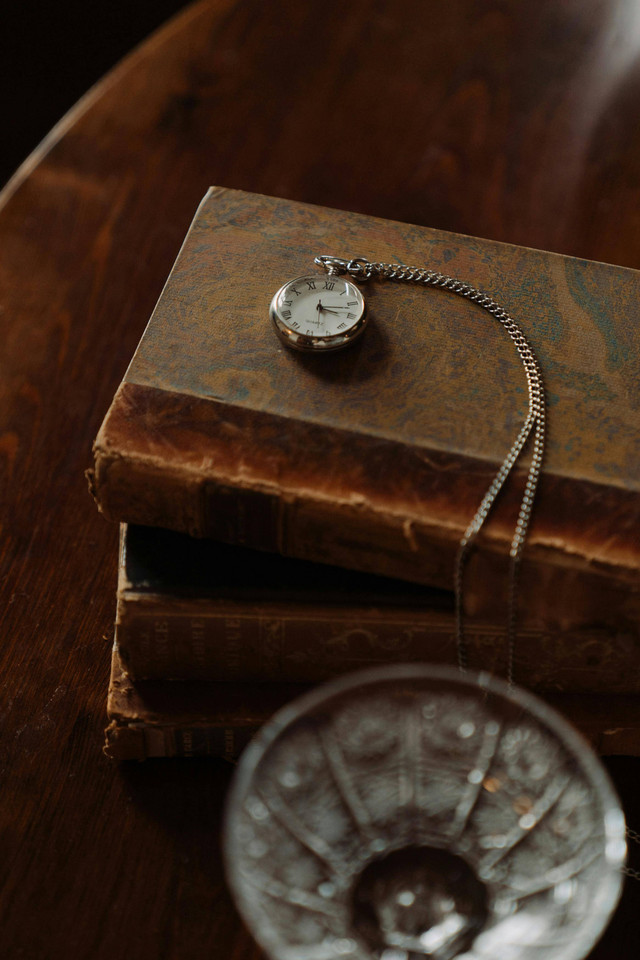Tentang KamiPedoman Media SiberKetentuan & Kebijakan PrivasiPanduan KomunitasPeringkat PenulisCara Menulis di kumparanInformasi Kerja SamaBantuanIklanKarir
2025 © PT Dynamo Media Network
Version 1.101.0
Konten dari Pengguna
Revisiting the Past
24 Agustus 2024 16:01 WIB
·
waktu baca 5 menitTulisan dari Yudhi Andoni tidak mewakili pandangan dari redaksi kumparan
ADVERTISEMENT
The past, or "maso saisuak," is a space of memories that people often wish to revisit. Everyone, even those living in poverty now, likely harbors romantic or pleasant memories from their past.

Memory is a selective product of one's interactions with one's surroundings, whether with nature or other people. Bitter memories are often repressed as painful lessons, while positive and romantic experiences occupy the forefront of our minds, resurfacing when our emotions are stirred, or we are joyful.
ADVERTISEMENT
If you ask people aged 40 to 60 today, most will recall the nostalgic days of school, daily games, and a life unburdened by the smartphone era of today's children. Ah, how delightful life was back then.
In the early morning, mothers would loudly wake their children, urging them to bathe and get ready for school. "Are you not going to school?" she would shout amidst the clattering of plates and rice pots in the kitchen. Despite her busy schedule, she would still check the room, which looked like a shipwreck. Seeing that her child hadn't woken up, despite it being 8 a.m., she would grumble.
School started at 8 a.m. Before that, students would engage in physical exercises led by a teacher. Ten minutes later, they would line up neatly and enter the classroom. If the line wasn’t orderly, they weren't allowed to enter.
ADVERTISEMENT
Classes began. The teacher explained, and students took notes. The teacher asked questions; students remained silent. The school bell rang, signaling recess. Off to the school shop to buy lontong gulai for Rp 5 and syrup for Rp 2.5. With the remaining Rp 2.5, you could buy two or three hermit crabs on the way home.
After school, it was time to play. When asked if there was homework, the response from afar was, "No, Mom."
Where did they play? At the river near the foot of the hill. Swimming and catching fish or just hanging out. They’d return home by 5 p.m., bathe, eat, and then head to the surau for Quran lessons, singing as they learned the Arabic alphabet.
ADVERTISEMENT
After Quran lessons, they would joke with the girls, whose faces seemed to glow, perhaps from their ablutions. It was fun to tease them. They’d chase after these glowing girls, who would get annoyed but also shy.
Ramadan was eagerly awaited. The aroma of food and cakes filled the air. School lasted only half a day. To make the time pass quickly, they would gather at the mosque. They’d wrestle or read comics at a friend’s house, especially Siti Hajar’s, who had a beautiful face, long hair, and dimples when she smiled. Many loved visiting her house to read Petruk comics.
Before the call to prayer, they would rush home to prepare for breaking the fast with kolak pisang, serabi, lupis, kacang padi, lamang tapai, cindua, and other delicacies. After breaking the fast, they would head to the mosque for tarawih prayers, but often, they would detour to a field to play bamboo cannons, which would explode loudly, causing the mosque’s caretaker to chase after them with a bucket of water.
ADVERTISEMENT
When we recall the experiences of the generation born in the 1970s, endless stories emerge—stories that today's children will never experience. Reading Jaka Sembung Si Wali Kesepuluh comics, watching the TV series "Aku Cinta Indonesia (ACI)," or listening to the radio drama "Tutur Tinular" every afternoon after a bath, with fried bananas in hand. They would beg to watch movies in the theater to see Brama Kumbara’s martial arts. Ah, so many memories.
If we ask the elderly what they remember, a mix of sadness and joy would appear on their faces. They recall the bitter times of wearing sackcloth and eating rice mixed with sweet potatoes. But their faces would light up when they spoke of the time when the nation gained independence.
ADVERTISEMENT
The Japanese occupation is remembered by their generation as a harsh period. The Japanese soldiers were seen as brutal, greedy, and abusive. They couldn’t resist young girls, often forcing them into sexual slavery under the guise of contributing to the war effort alongside their "older brother."
In Minangkabau, it was said that the Japanese era saw a rise in polygamy among local leaders. Parents often married off their daughters to these leaders to avoid the "hands" of the Japanese. In Sawahlunto, according to an interview with a historical figure, many hid their daughters and women on a hill until Japan was defeated.
But when the elderly continued their stories about the time of independence, their eyes would shine again. They still remember the victorious cries, the emotional and joyous shouts of "Merdeka!" They still hear the heavy voice of Sukarno declaring our independence and urging preparation to face the Dutch again. Or the calm voice of Bung Hatta, which had its own charm among listeners.
ADVERTISEMENT
Suddenly, they would fall silent, remembering the "lua dalam" (PRRI) era. That period was even more bitter for them. We were betrayed by our own people. Many villagers fled. The village was desolate as the communists re-entered. They were grateful to Pak Harto for outlawing communism and restoring the village to its former glory.
When recalling the past, tears would flow. They remembered their deceased mothers. The bathing places are now small dams with barely flowing water due to garbage. And where are their childhood friends now? The village feels empty, as the noise of mufflers now hurts their old ears every day. Ah, who knows what to say anymore?
ADVERTISEMENT

